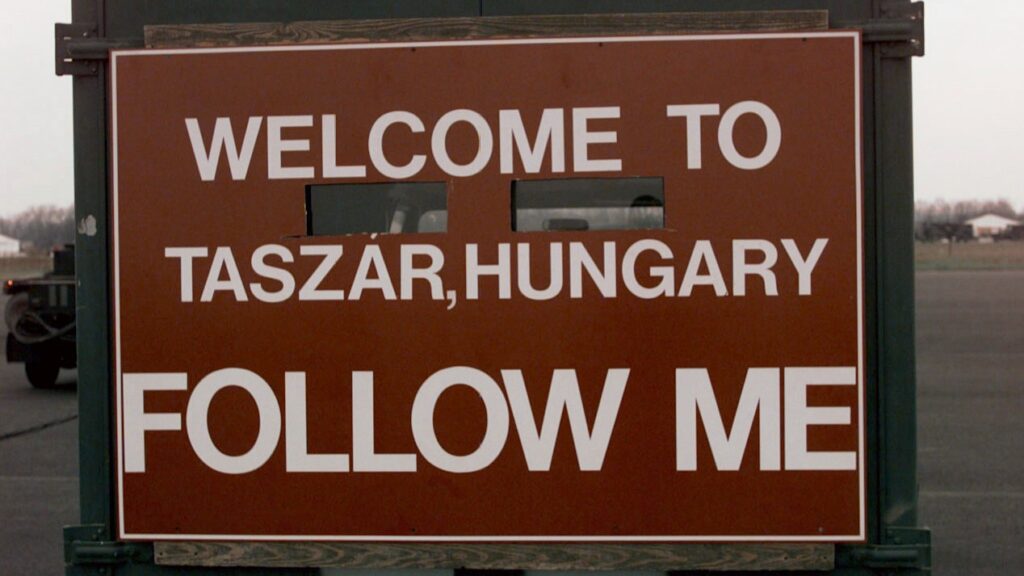
‘The Americans left Somogy county, but they left behind the tradition of American–Hungarian cooperation and friendship—making it possible, perhaps for the first time in Hungary’s history, to host the army of a great power not as occupiers, but as guests.’
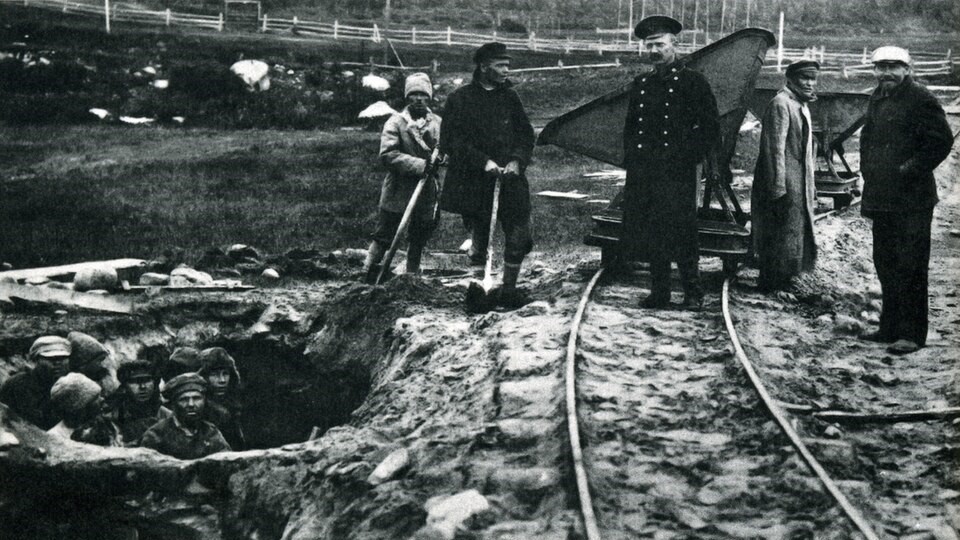
‘The whole system was evil and irrational. An observer noted that there was a full company of French soldiers in a transit camp. They escaped from German captivity, hid in Hungary, but they were put among the forced labourers simply because the Soviets wanted more people in the camps.’

‘The Russians copied the engine and implemented it into a very good aerial design that became the MiG-15 fighter jet.’
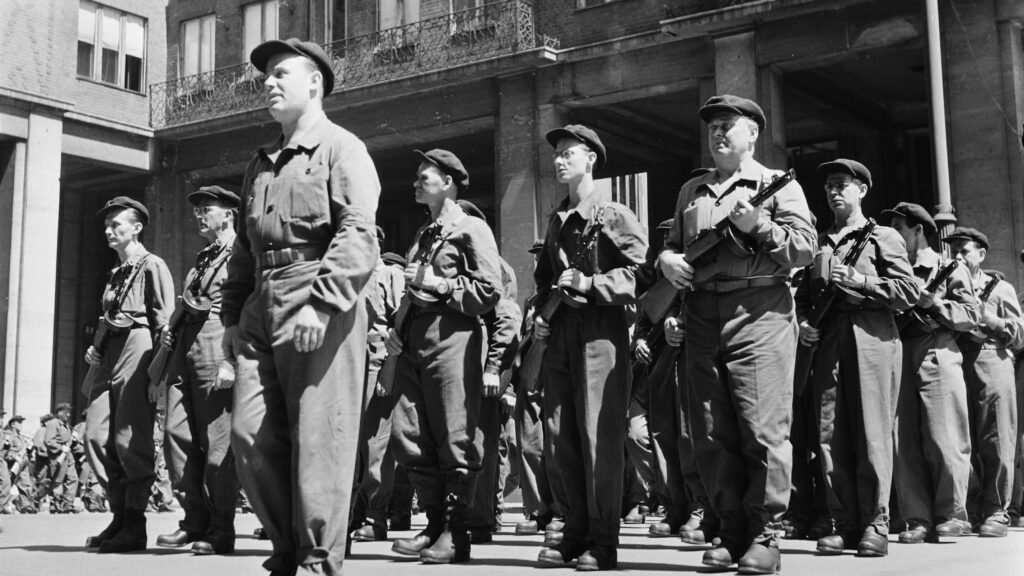
‘It is hard to distinguish between the phases of the Soviet takeover and the start of the Communist vengeance.’
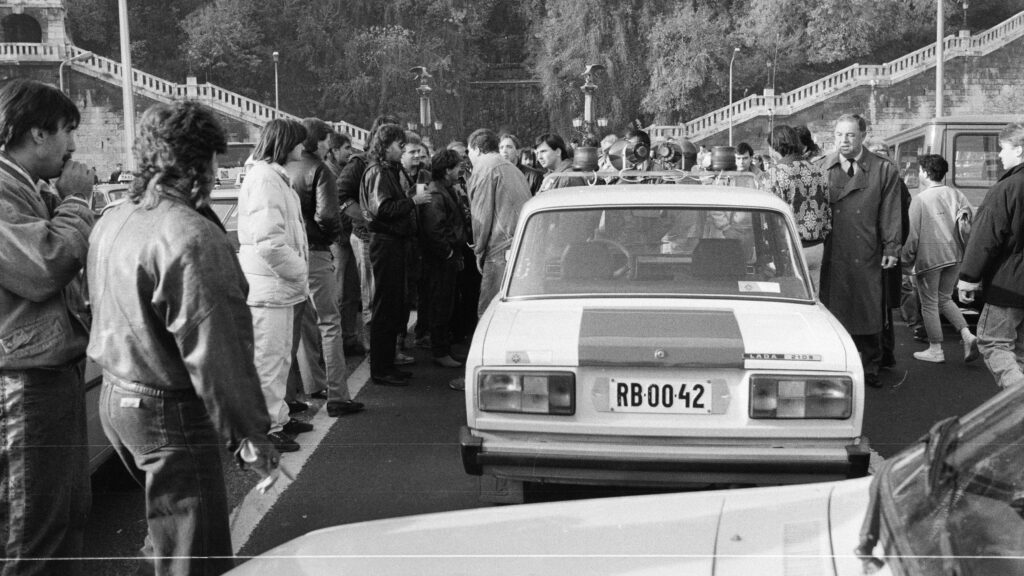
‘On 25 October, transport workers began to blockade major national roads, as well as the central arteries of Budapest.’
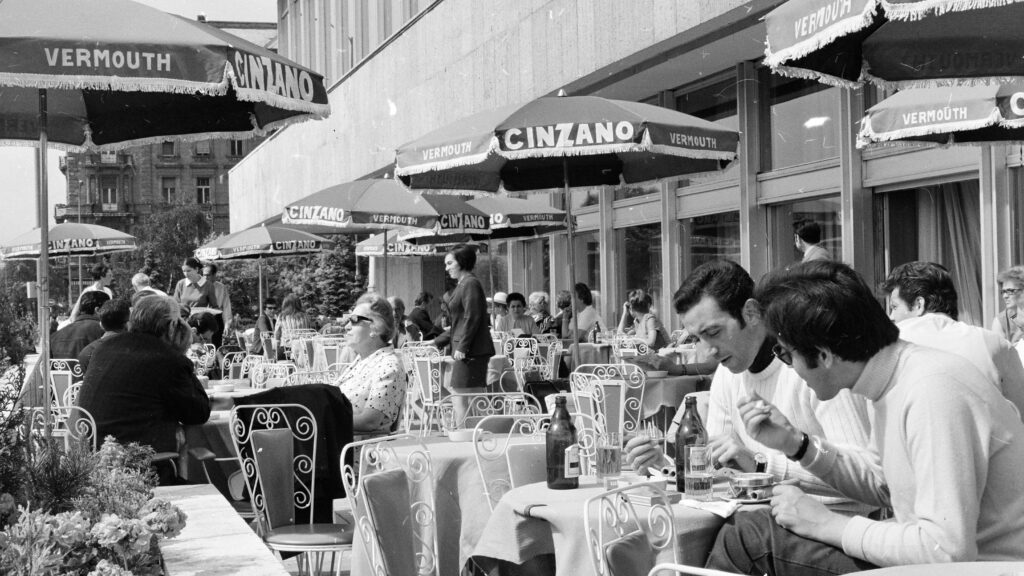
‘Carlos the Jackal was housed by the Hungarians as a Socialist internationalist duty, and was allowed by the Soviets to be in the Bloc as a sign of their carelessness about the world.’

‘These Hungarians were among the luckier individuals in Europe. No less than 800 Westerners and Japanese were trucked to strategic locations in Kuwait to serve as human shields. At the same time, thousands of other expats were not allowed to leave the country until almost the end of 1990, when all were released after living on the edge for months.’

‘It is no surprise, then, that even Peru, a mountainous country far from the Pacific coast, a subject of many tales about the Incas, was also home to Hungarians throughout history. This is not just a tale of curious travels from Central Europe to Latin America, but a history of our relationship to the great migratory waves that have impacted our region…’
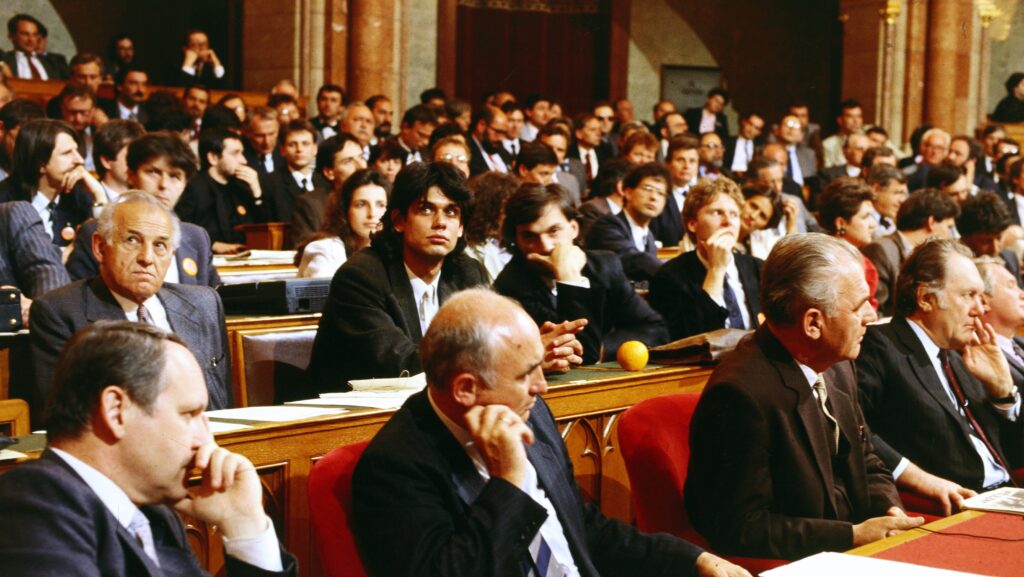
‘The Fundamental Law of 2011 defines 2 May 1990 as the reinstatement of the sovereign status of Hungary, which was broken by the German occupation on 19 March 1944 and continued by the Soviets when they soon invaded and, in turn, Sovietized the country.’
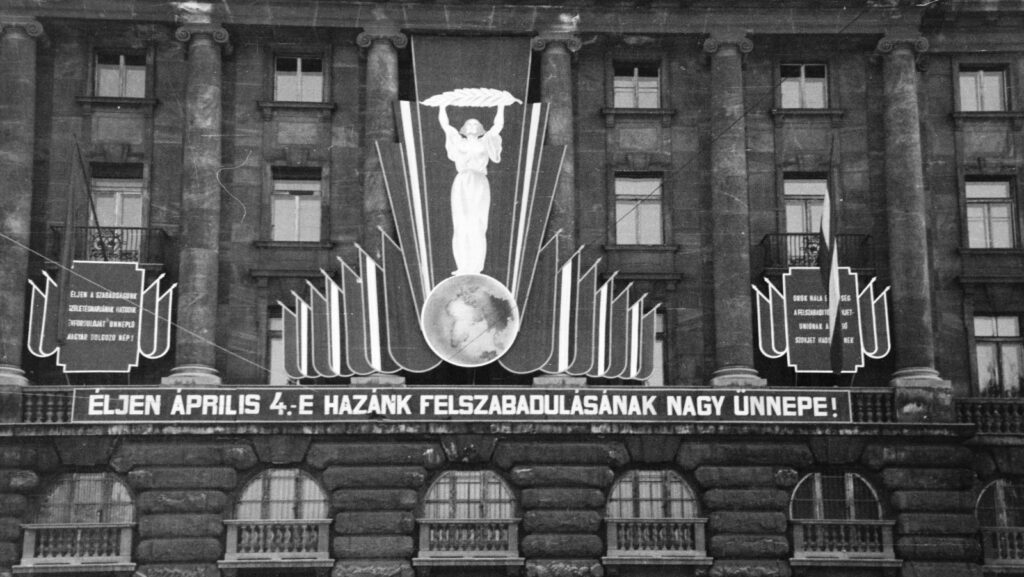
‘4 April was a day of paying fealty to the “Heroic Army of the Soviets” and celebrating the military force upholding the Iron Curtain. Celebrating the same army that plundered its way through our homeland, and the system that was born from it, be it already watered down by the 70s and 80s: it was a holiday that never quite fit into the organic Hungarian tradition.’
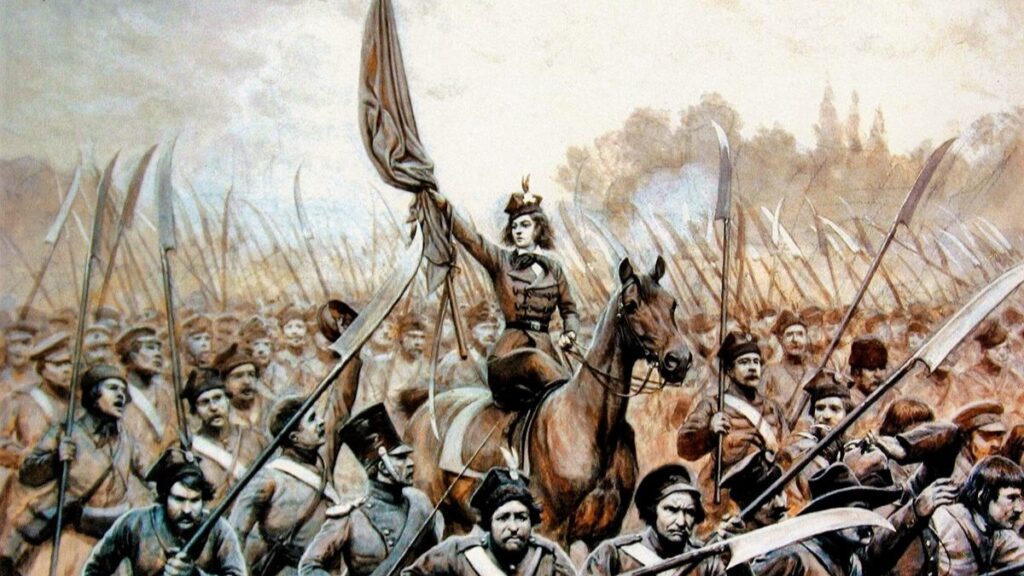
‘Without the Balts, there was no real argument for denying other republics the right to exit. Without Ukraine, there was no basis for a Slavic-majority Soviet Union. After a couple of rounds of confused negotiations Moscow simply retreated, and left its imperial project for the time being. The Soviet Union dissolved on 25 December 1991, leaving behind only the Commonwealth of Independent States…’
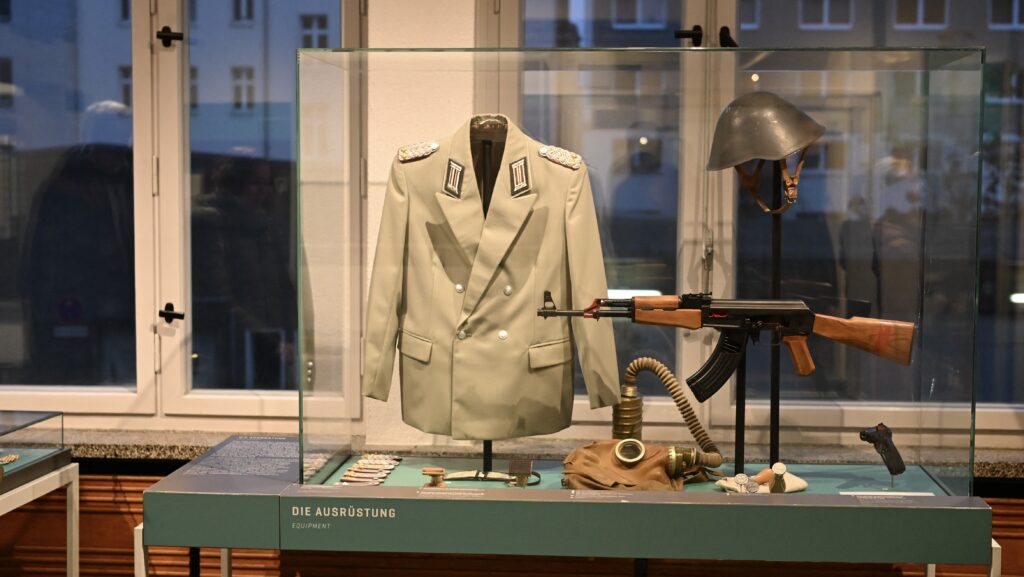
‘The Ministry of Security, like other Eastern European services, kept a tab on almost every workspace and its “characters of interest” through the pervasive use of civilian informants. “Anti-state activity” was not necessarily stifled with apparent repression; the “black car” did not necessarily come for “wrongdoers”, but they were relentlessly bullied into submission by making the everyday life of them and their families unbearable.’

The Moscow offices of the Hungarian national airline were teeming with clients in the autumn of 1989, and most of the customers were Jewish. They were looking for a way to get away from the societal collapse of the Soviet Union. Ultimately, Hungary offered the way out to 160,000 of them between March 1989 and January 1992.
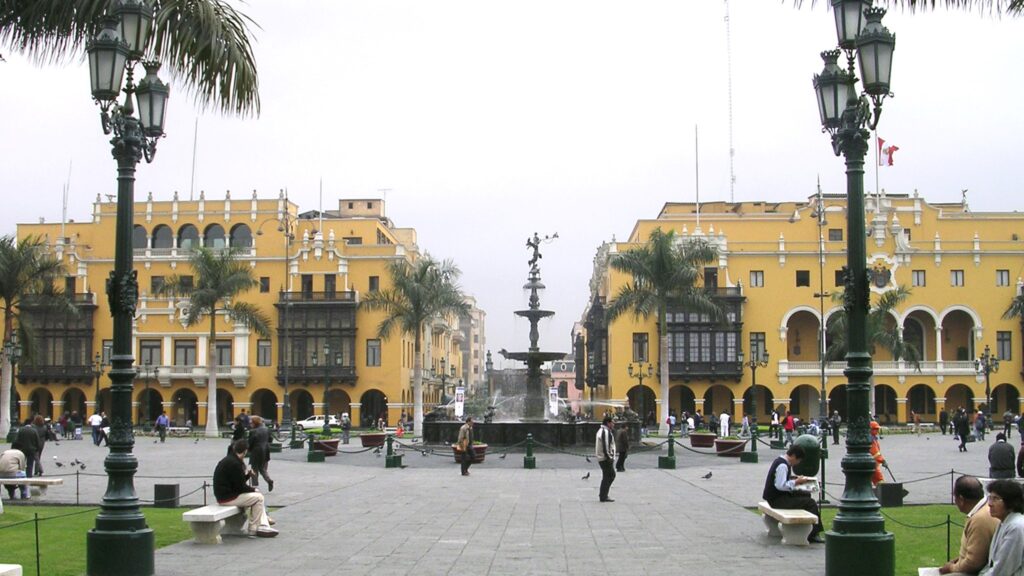
Emőke’s story from the flight from Hungary as a small baby and an accidental move to Peru to her stage performances in multicultural Lima and her endurance through local crises illustrate the destiny of a unique group of Central Europeans finding refuge and a new community far from Hungary.
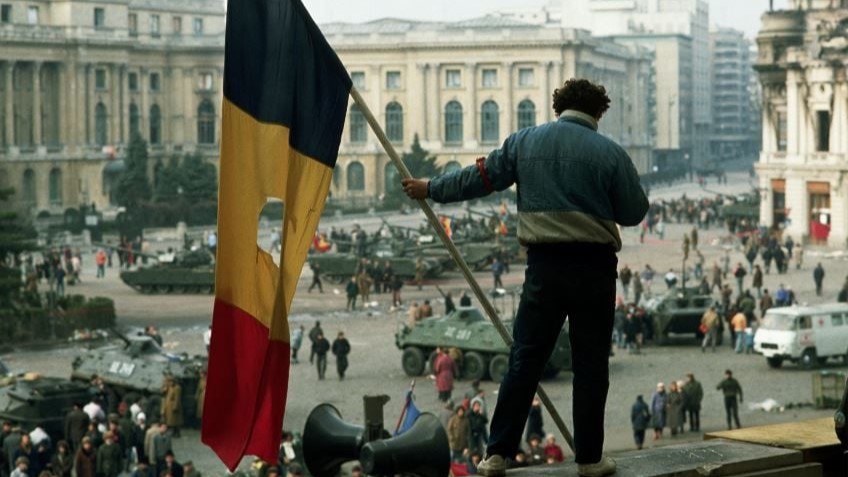
‘The Romanian Revolution teaches several lessons. First, an age-old truth: Freedom isn’t free. There is a lot of talk about how it was the cooperation of superpowers that made Central European democratization possible. But Romania is the main example that it would not have been enough that Gorbachev caved in to Reagan and Bush Sr. If the Romanian people had remained silent, there would have been no pressure of a critical magnitude to remove the dictator.’
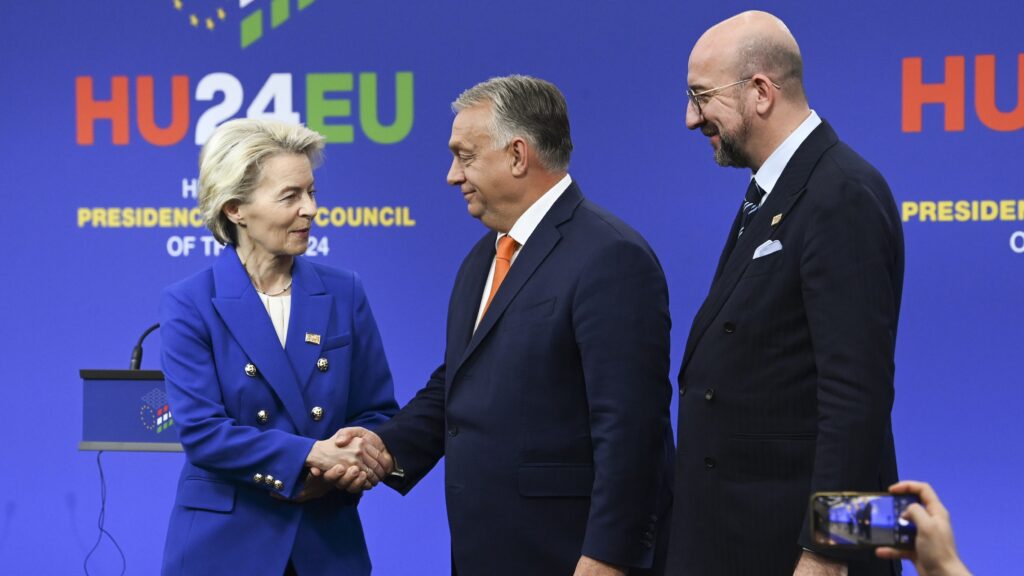
One of the most pressing issues in enhancing the competitiveness of Europe is the need to optimize defence spending. Europeans now spend much more on defence in the wake of Vladimir Putin’s invasion of Ukraine, with ten European NATO members set to reach the 2 per cent of GDP spending threshold by the end of 2024. However, developing and acquiring modern weapon systems of cutting-edge technology demand an exponential level of spending for development and production, which can hamstring the capabilities of nation-states if they want to fit out their armies fully with domestically produced equipment, from building tools to jet fighters.

An American sailor of Hungarian origin served on the Coral Sea, perhaps as a helmsman. He was probably the one to come up with the idea that the money originally collected for the crew’s Christmas presents be given to Hungarian refugees instead, and a total of 7,500 US dollars were thus donated to the refugee aid fund. It may have been the same serviceman to suggest that the crew form the message ‘May God help you’ in Hungarian on the deck. Unfortunately, the name and story of the Hungarian American sailor remain unknown.
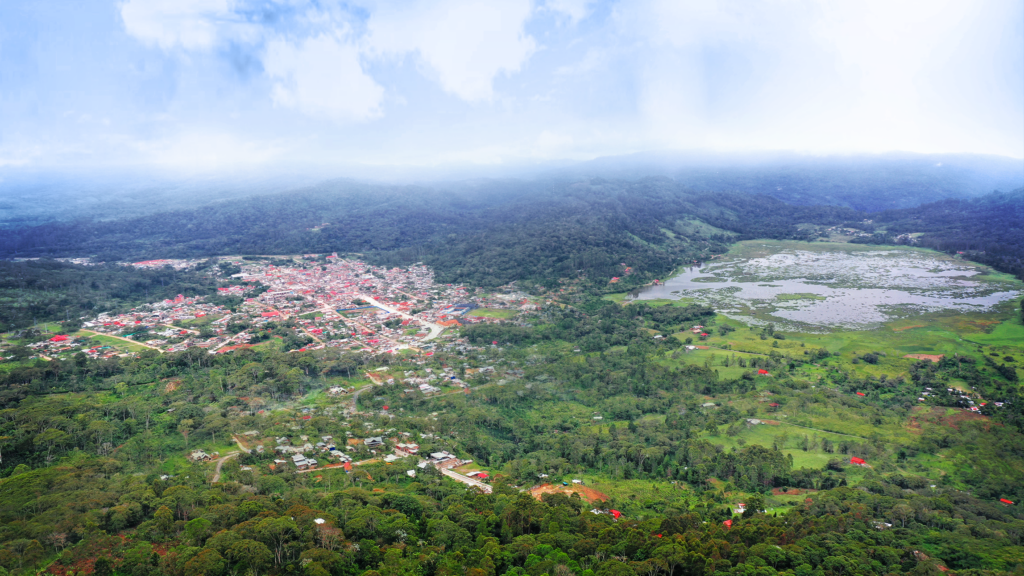
Esteban Vajda Széchenyi, born in 1923 as István Vajda in Nagykőrös, Hungary, was a prominent member of the Villa Rica community in the Central Jungle of Peru. Although he found a new home in the South American country, he preserved his Hungarian heritage throughout his life, and passed it on to his children and grandchildren as well.

‘The post–1989 period has not been free from debates and conflicts on how Hungary could and should assert its national interest while integrating into the Western order. The Left has been anxious about not integrating into and aligning with the “developed” West fast enough, while Conservatives have feared the loss of tradition, identity, and national consciousness in the melting pot of accelerating globalization.’
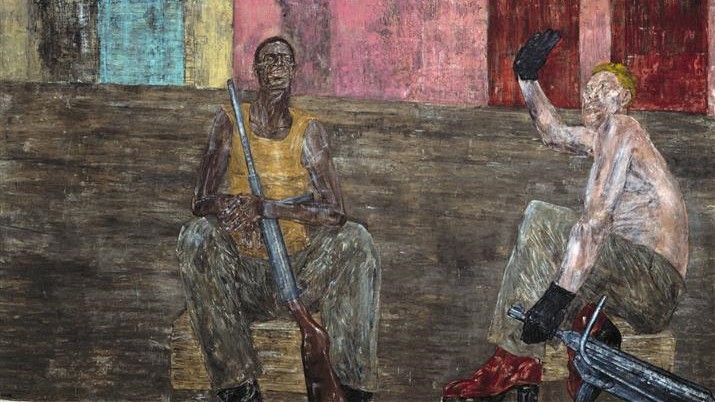
The war quite literally consumes people; they are killed or maimed physically and psychologically at an unprecedented rate. Using foreign fighters is consequently quite logical for both sides. They alleviate domestic pressure to recruit more soldiers, with the new fighters likely being versed in military matters. They also demonstrate the global clout of the given side by showing the diverse coalition that stands behind it. Of course, this is a double-edged sword, which is why there is an intense war of narratives about whether these people are mercenaries or volunteers.

‘The country, alongside Chile, is the most developed country of the region. While in Chile anti-establishment sentiments led to a left-wing experiment with the government of Gabriel Boric, Milei represents the opposite in this regard. It will be interesting to see which direction could serve as a model for the hemisphere: would it be a new Pink Tide or, as a result of the Argentine experiment, conservative-leaning supercharged libertarianism?’

‘The Bukele model is turning the neoliberal approach on its head. It advocates for a strong state, with the leader—in this case, the president of El Salvador—as the all-important controller of decisions in determining the country’s future. The budget of the state has ballooned, starting with the heavy funding of security services while simultaneously investing in social services, from the creation of neighbourhood social centres to the augmenting of pensions and investing into getting the Bitcoin into circulation.’
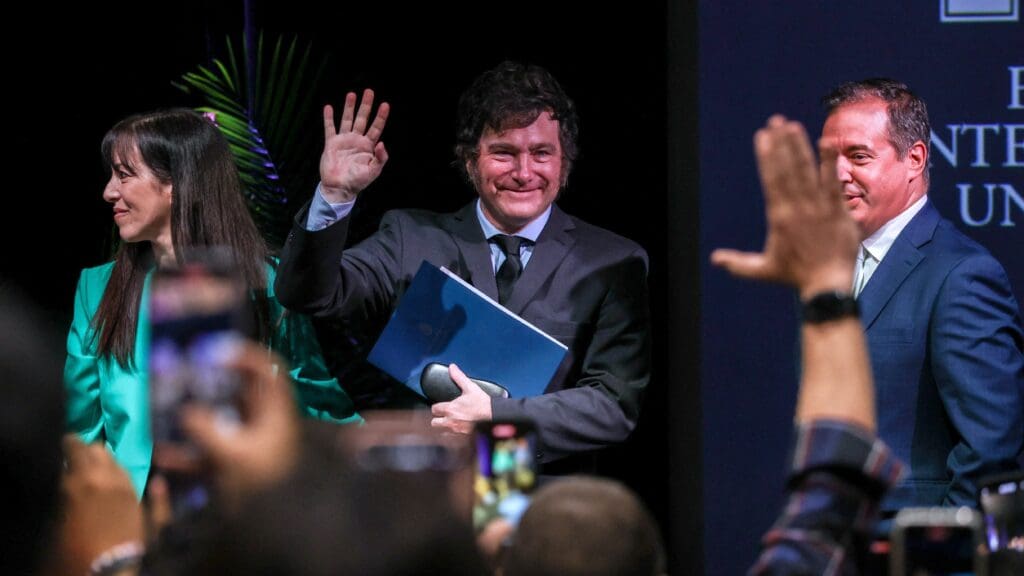
‘Milei is indeed a conservative, in a pragmatic and very Latin American way. He uses conservatism as a political vehicle toward libertarianism and as an allied ideology to create a new society that brings back old, conservative values.’
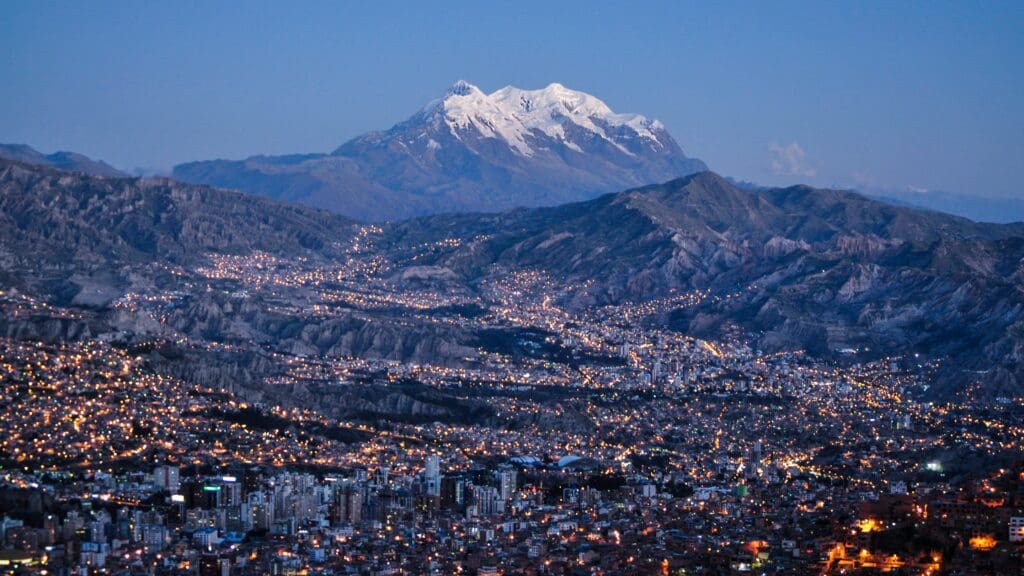
Refugee groups started trickling in after the catastrophic defeat of the Austro–Hungarian empire in the First World War and the dismembering of the historical Hungarian Kingdom, resulting in the loss of many ethnically Hungarian territories for Hungary. The destruction of the war and the discriminative policies of the new states prompted many Hungarians to seek a better life beyond the sea. Latin America soon became an important emigration target, as the United States started to severely restrict immigration from Eastern Europe in the 1920s.

The Brazilian relationship is a valuable connection to an emerging power of the 21st century, without serious geopolitical cost attached.

The focus of Anna Loutfi’s talk at Danube Institute was the category of philosophical belief in UK equality law and its implications for general freedom of expression under common law and ECHR regimes. Dr Loutfi’s discussion explored how the case law evolution has gradually eroded the space for questioning and debating what are essentially deeply held opinions.
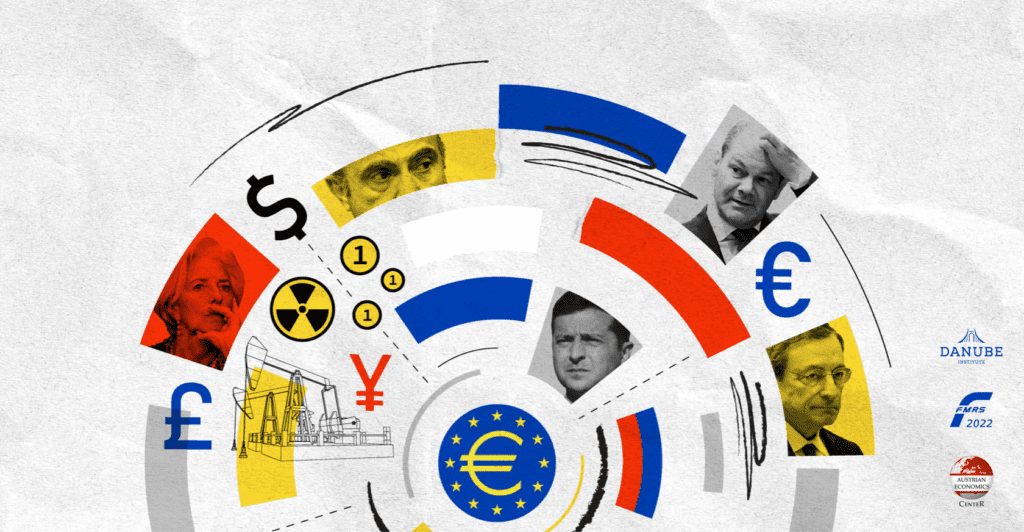
We have to approach contemporary problems with humility and a commitment to ever-greater freedom – which should be a goal in itself.

The right wing of the British two-party system has to reinvent itself. What comes after the fall of the liberal order in British political life?

Rob Long, the latest guest of the Danube Institute, talked about how to tell your story which reflects your values and corresponds to reality alike while creating a widely likable media phenomenon at the same time.
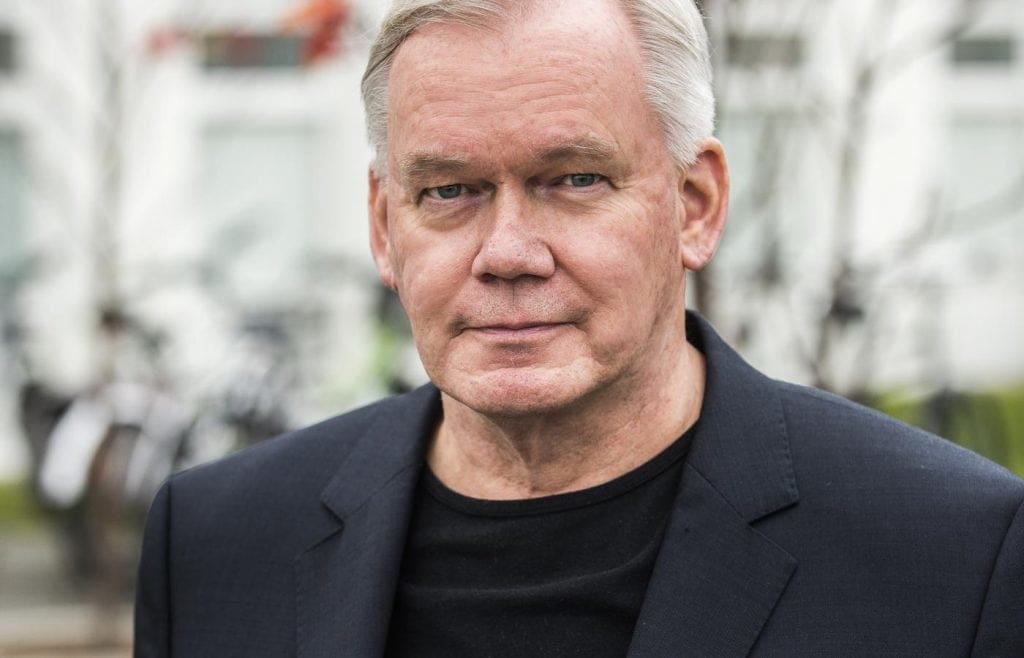
Hannes H. Gissurarson, an Icelandic expert of neo-liberalism and conservatism, offered his thoughts on the compatibility of Thatcherist values with present-day conservatism at the premises of Lónyay-Hatvany residence on the invitation of the Budapest-based think tank Danube Institute.